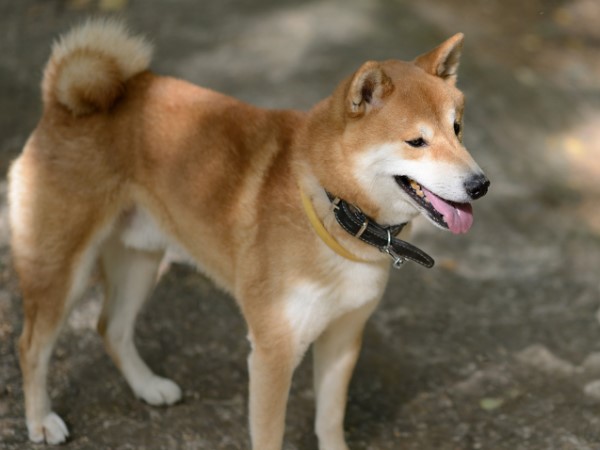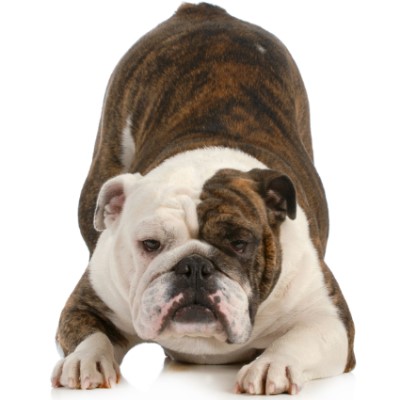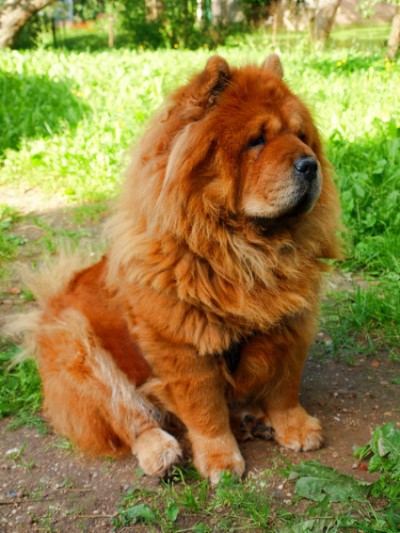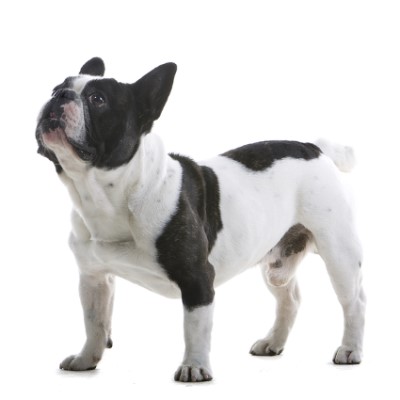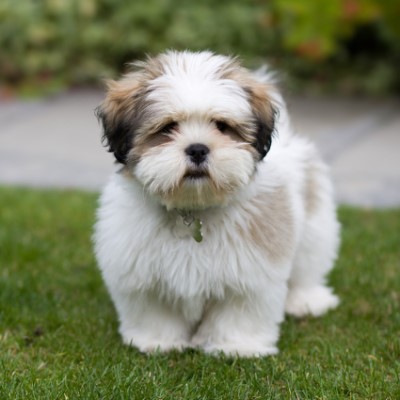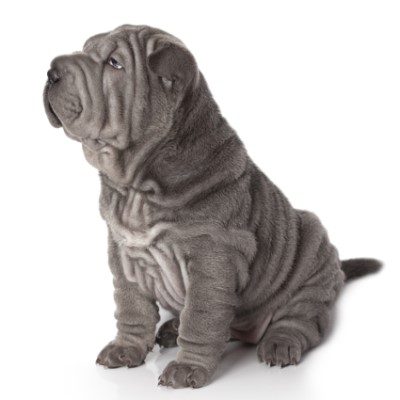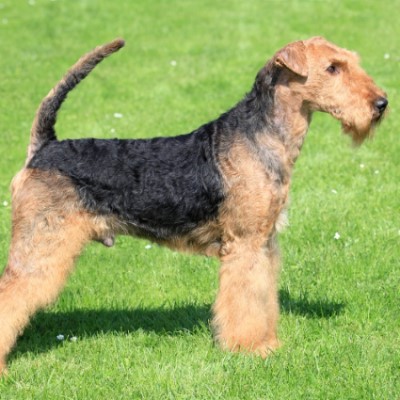Common Reasons for Surrender
People often fall in love with the adorable Shiba Inu puppy. Their heartstrings tugged by the cute puppy face, people then purchase or adopt on impulse without first doing proper research. The main reason Shiba Inus go to rescues or shelters is that they grow physically out of puppyhood but maintain their puppy behaviors. An untrained Shiba Inu may become out-of-control and refuse to listen to his owners. Financial problems, such as a job loss, also result in a Shiba Inu being turned into a shelter or a rescue.
Pros
The Shiba Inu is a small, independent, and alert dog. Most have a huge and gregarious personality and love to clown around, maybe as much as they love their humans. Their intelligence generally makes house training easy. While a Shiba Inu may prove aloof around strangers, her loyalty remains steadfast to her human family.
Cons
A Shiba Inu needs an alert family and a securely fenced-in backyard. You should never allow your Shiba off his leash unless he is in a fenced-in area. Most love to climb and can easily scale a fence or a tree if there’s anything they can use as footholds. Always make sure you know where your Shiba Inu is when you open the door as they are known for bolting outside when a door opens. Because of their strong hunting instincts, Shiba Inus will not do well in a home with small animals, such as rabbits.
Diet
A Shiba Inu requires a high quality kibble to keep her healthy and trim. Make sure whatever kibble you purchase does not contain wheat or corn, which generally cause allergies. If you’re not sure which particular brand is best, consult a veterinarian. Treats, which should always be offered in moderation, should be free of wheat and corn. Most Shiba Inus enjoy hard chews and small biscuits, which also help keep their teeth clean.
Exercise
Shiba Inus require moderate exercise and at the very minimum need at least one long walk daily. Time to run and romp in a fenced-in yard, in conjunction with a walk, will help your Shiba Inu stay well exercised and happy.
Possible Health Issues
Generally a healthy breed, Shiba Inus are prone to luxating patellas and food allergies.
The Shiba’s double coat consists of a harsh outer coat and a soft undercoat, the latter of which blows out twice each year. Their double coat makes it essential that they receive a flea preventative. Experts recommend using topical flea and tick medication during the hottest months each year in conjunction with Revolution, Sentinel, or another comparative insect growth inhibitor.
Grooming
Most Shiba owners groom their own dogs. Brush your dog once a week, trim her nails every month, and give her a bath as needed.
Training
Enroll your Shiba in an obedience training class as soon as you bring him home. Only use positive reinforcement. You will need patience because, although they are fast learners, Shiba Inus also have a stubborn streak. Nothing you do will force your dog to listen to you. Shibas have their own individual personalities, so it is essential to find training methods that work best for your dog.
Entertainment
A long walk or a good run with their humans is a popular way for Shibas to get sufficient exercise and entertainment. Most Shiba Inus enjoy running around and playing with dogs at the dog park. Don’t be surprised if your Shiba all of a sudden gets a wild burst of energy and begins zipping back and forth around the house before plopping down for a much-deserved nap.
We want to thank Southern California Shiba Inu Rescue, Inc. for help with this profile.
